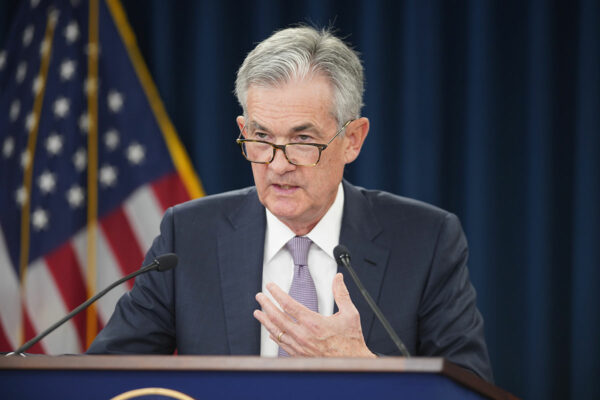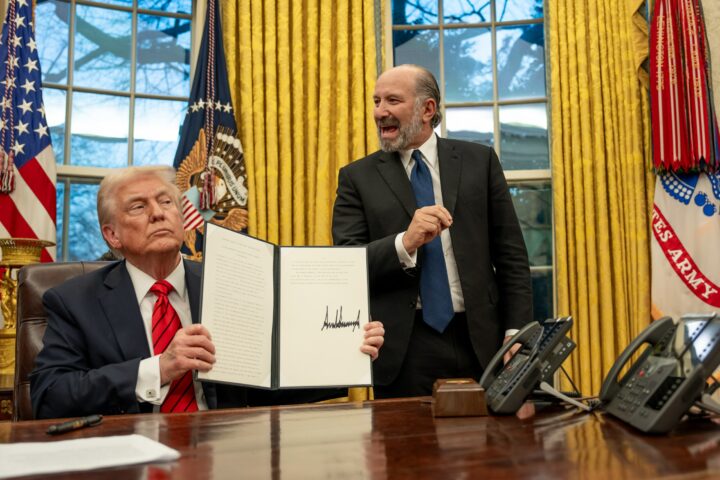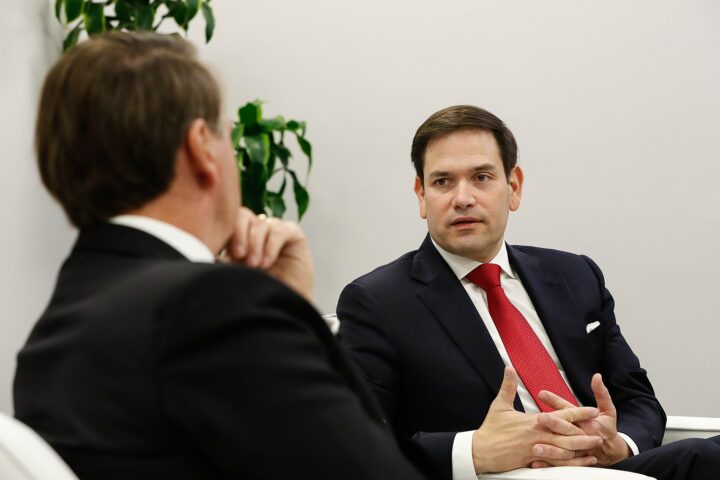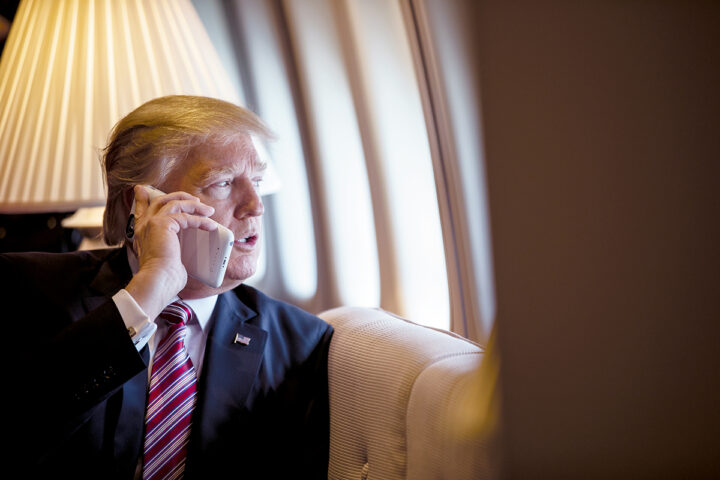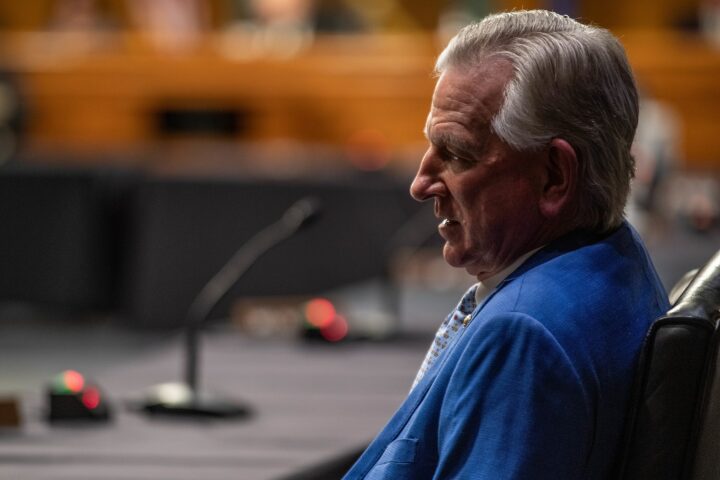Federal Reserve Chair Jerome H. Powell reportedly signaled Friday that the central bank may lower interest rates as soon as next month, acknowledging that risks in the labor market could outweigh concerns about inflation pressures tied to tariffs.
“The balance of risks appears to be shifting,” Powell said in a closely watched speech at the Kansas City Federal Reserve’s annual symposium in Wyoming. While the labor market still appears stable, he cautioned, “it is a curious kind of balance that results from a marked slowing in both the supply of and demand for workers.”
That slowdown, he warned, has created “an unusual situation” in which the risk of a sudden downturn has grown. “And if those risks materialize, they can do so quickly in the form of sharply higher layoffs and rising unemployment,” Powell said.
Powell, whose term as Fed chair expires next May, received a standing ovation from colleagues, foreign central bankers and economists in attendance.
His remarks came after months of calls from President Donald J. Trump and senior advisers for more aggressive interest-rate cuts, pressure the Fed has long resisted.
Throughout the year, Powell and his colleagues have kept rates steady, citing lingering concerns about inflation, which has run above the Fed’s 2 percent target for more than four years.
But on Friday, Powell acknowledged that a weakening jobs outlook might justify changing course.
The key tension lies in how tariffs are reshaping the economy. Powell admitted that the “effects that tariffs are having on consumer prices are now clearly visible” and are expected to accumulate in the coming months.
The question, he said, is whether those increases would “materially raise the risk of an ongoing inflation problem.”
For the first time, Powell expressed more confidence that the spike in prices from tariffs could be temporary. He noted that a “one-time” increase does not mean prices adjust “all at once,” given the time it takes for tariffs to ripple through supply chains.
Still, he cautioned that tariffs could produce longer-lasting inflation if workers who see shrinking paychecks successfully demand higher wages.
But, he added, “given that the labor market is not particularly tight and faces increasing downside risks, that outcome does not seem likely.”
Powell emphasized the Fed’s vigilance in guarding against entrenched inflation. “Come what may, we will not allow a one-time increase in the price level to become an ongoing inflation problem,” he said.
The situation underscores what Powell described as a “challenging” moment for policymakers. With interest rates already one percentage point lower than a year ago, the Fed has some room to maneuver, but its stance remains restrictive relative to the shifting outlook. “That combination may warrant adjusting our policy stance,” Powell said.
In striking a cautious tone, Powell avoided committing to the aggressive string of cuts the White House has urged. But his comments offered a clear signal that the Fed is now weighing labor market weakness more heavily than the inflation risks Democrats often emphasize when defending tariffs.
For conservatives, the shift may validate Trump’s persistent calls for a pro-growth monetary policy. Whether Powell acts quickly enough, however, remains an open question.
[READ MORE: Trump’s Historic Deal Pressures Iran]

